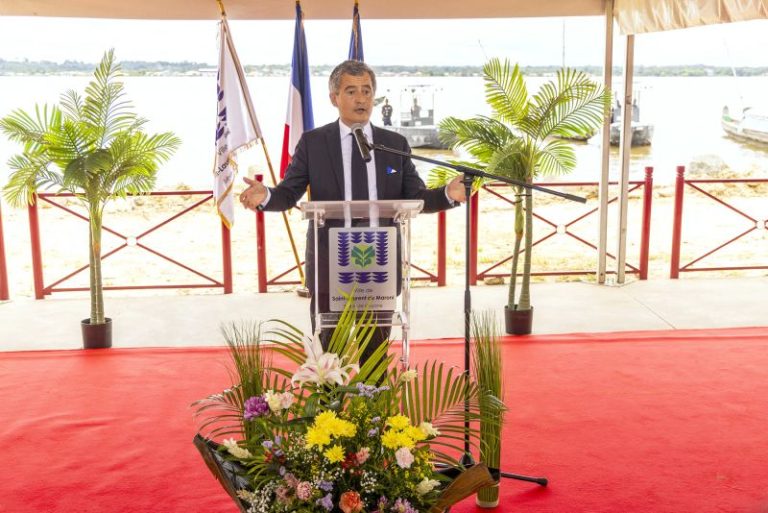France is planning to build a brand new high-security prison in the Amazon rainforest, near the site of the notorious Devil’s Island penal colony that inspired the 1973 movie “Papillon,” starring Steve McQueen.
Speaking on Sunday during a visit to French Guiana, a French territory that borders Suriname and Brazil, Justice Minister Gérald Darmanin said the facility would house drug kingpins and radical Islamists.
The prison will be built in Saint-Laurent-du-Maroni, on French Guiana’s border with Suriname, with space for 500 inmates, including 60 maximum-security prisoners.
Speaking to journalists, Darmanin said the new jail would help to ease prison overcrowding in French Guiana, as well as responding to the growing threat of drug trafficking in the territory.
French Guiana is a major transit point for South American cocaine on its way to markets in Europe, he said.
“Citizens in overseas territories must be able to have the same level of security as those in mainland France,” Darmanin said.
According to the minister, high-ranking criminals are able to use their illicit earnings to corrupt officials, and some are able to continue to run their operations from inside prison..
There are already 49 high-level drug traffickers in custody in French Guiana and other French overseas territories, Darmanin said, adding that these “extremely dangerous” prisoners are not being kept in adequately secure conditions.
The complex, which will also house a court, will cost a total 400 million euros ($451 million), Darmanin said in a post on Facebook on Sunday.
For some, the announcement of the planned facility brought back chilling memories of the penal colony of Cayenne, commonly known as Devil’s Island, which housed French prisoners until 1953.
Devil’s Island became infamous for its inhumane conditions, to the extent that it lent its name to a 1939 film starring Boris Karloff, as well as inspiring the novel “Papillon,” which was subsequently made into two movies.

